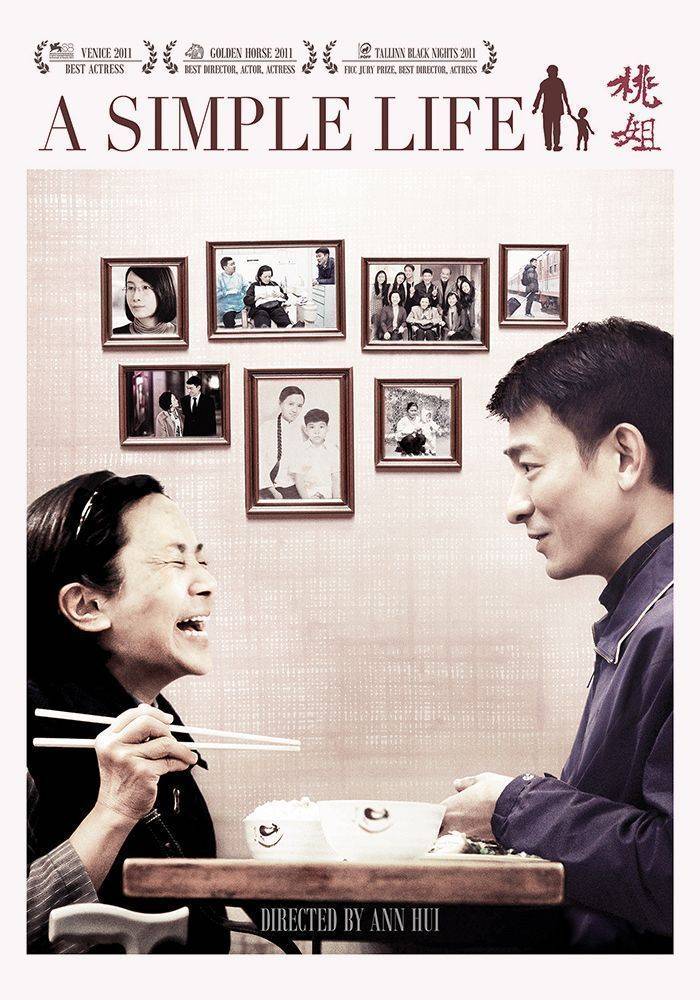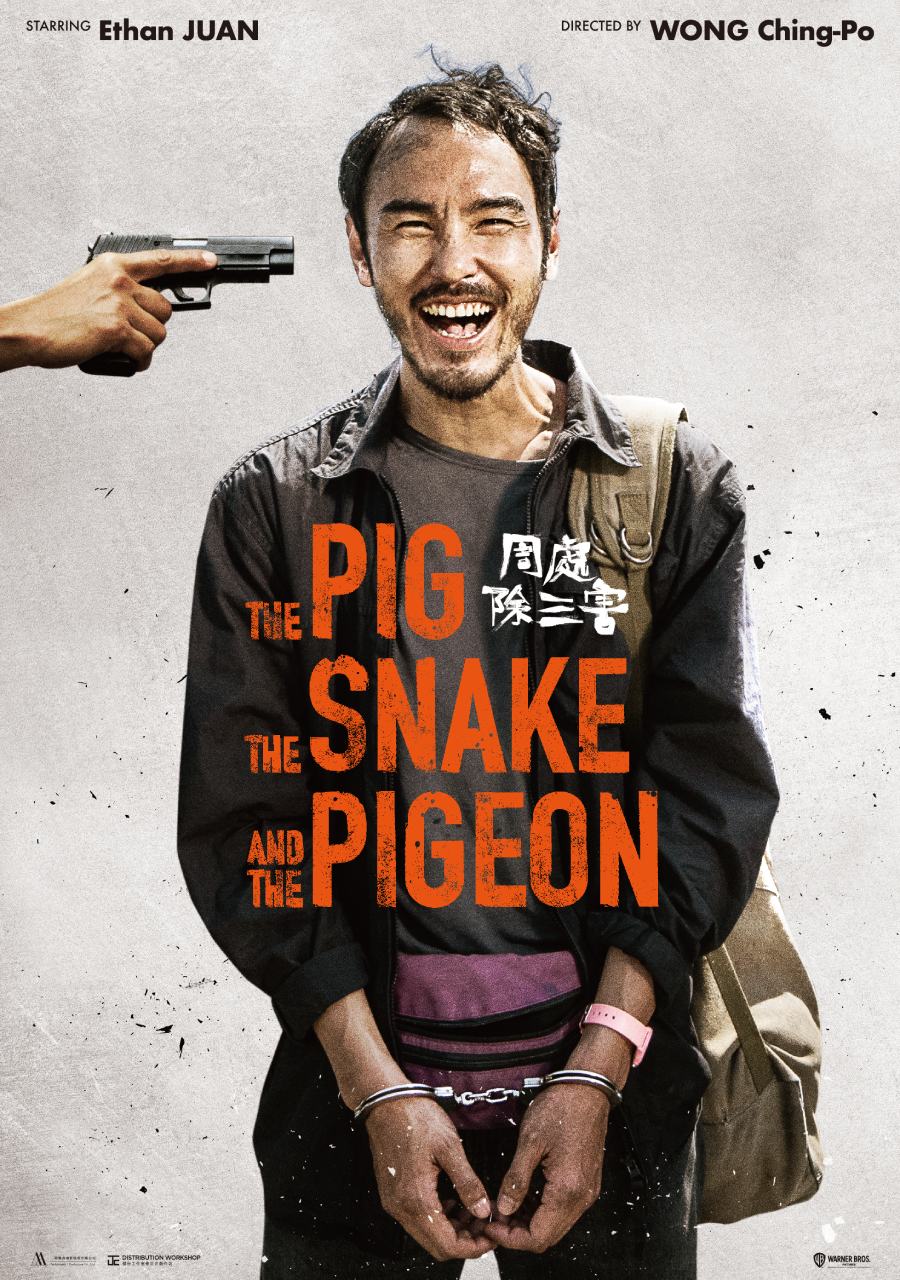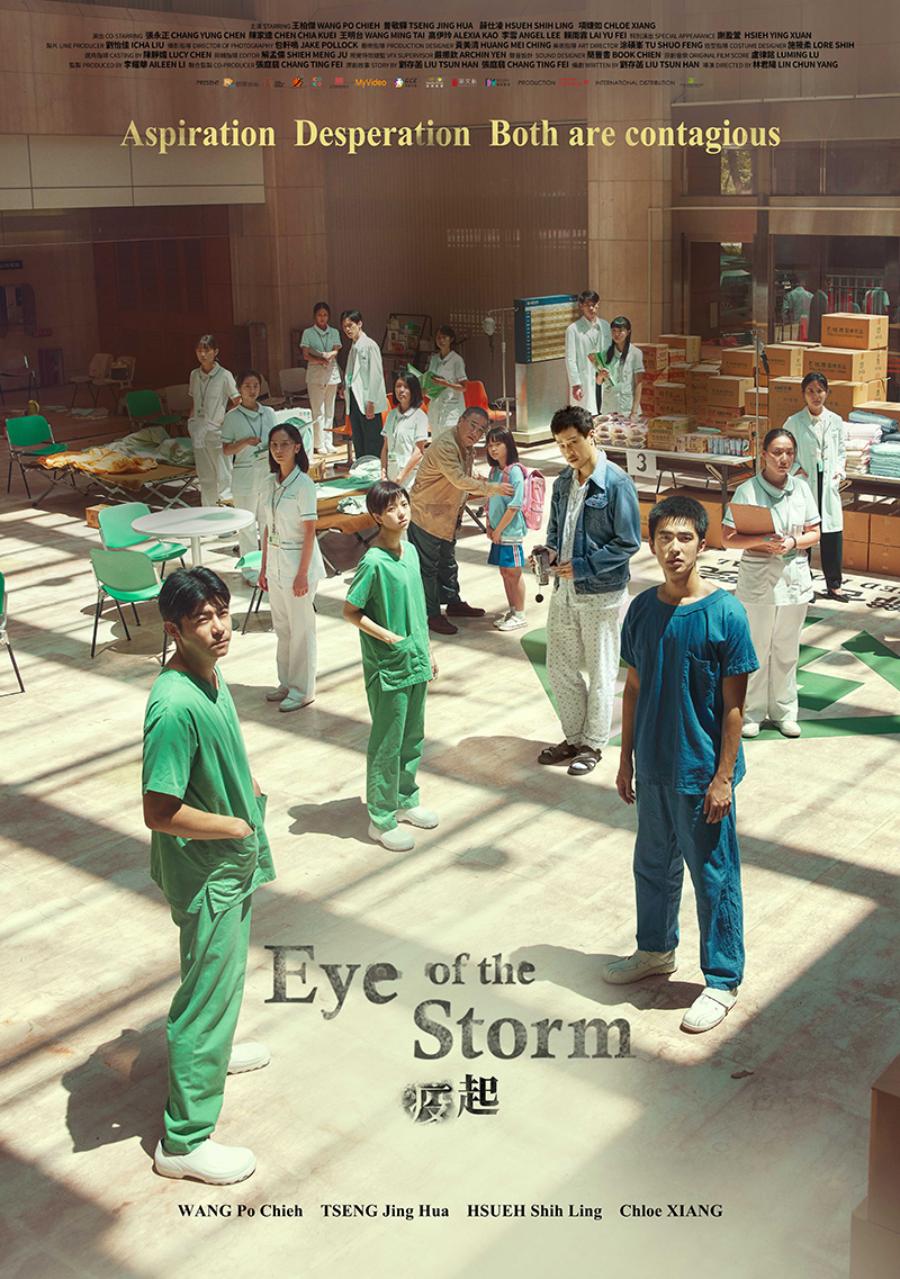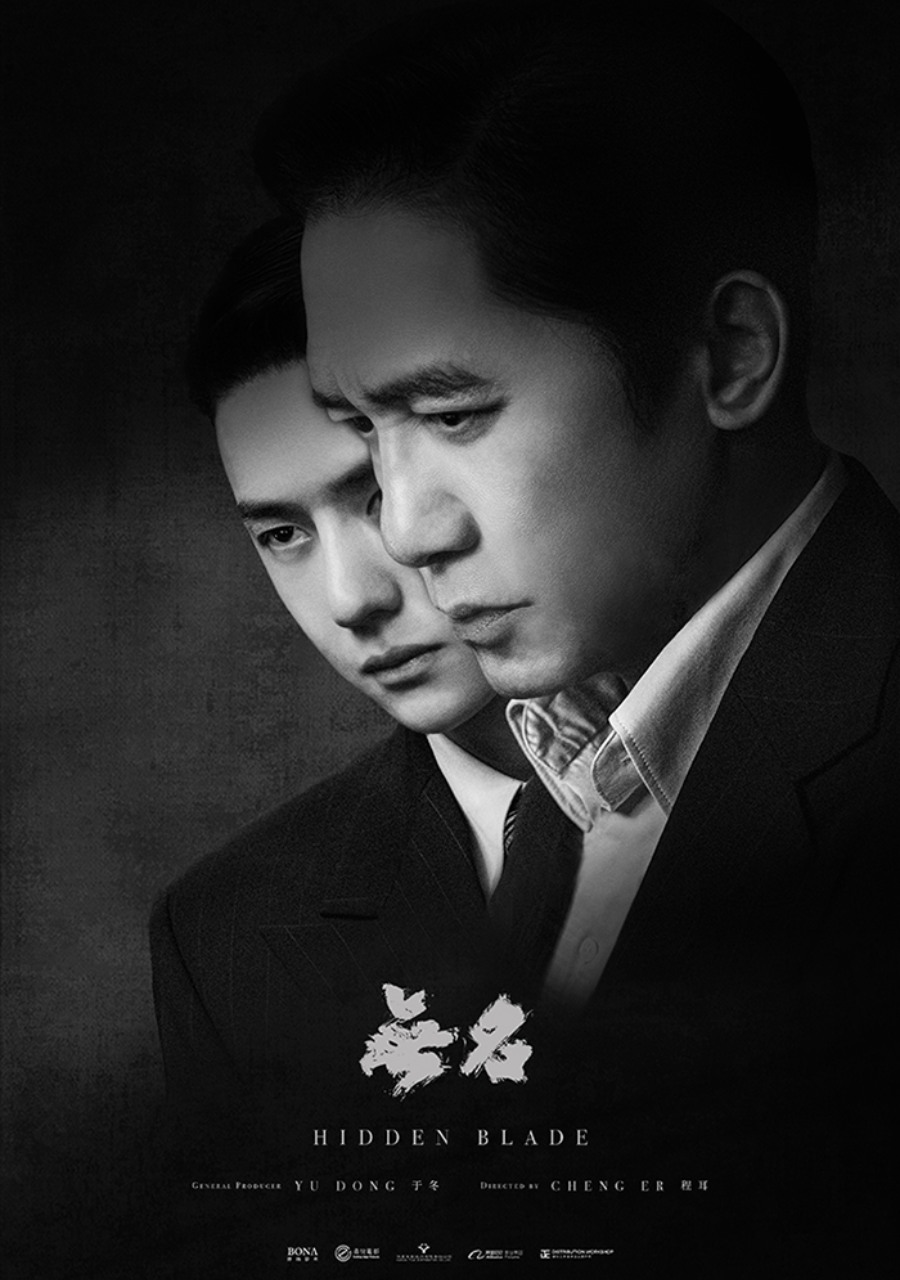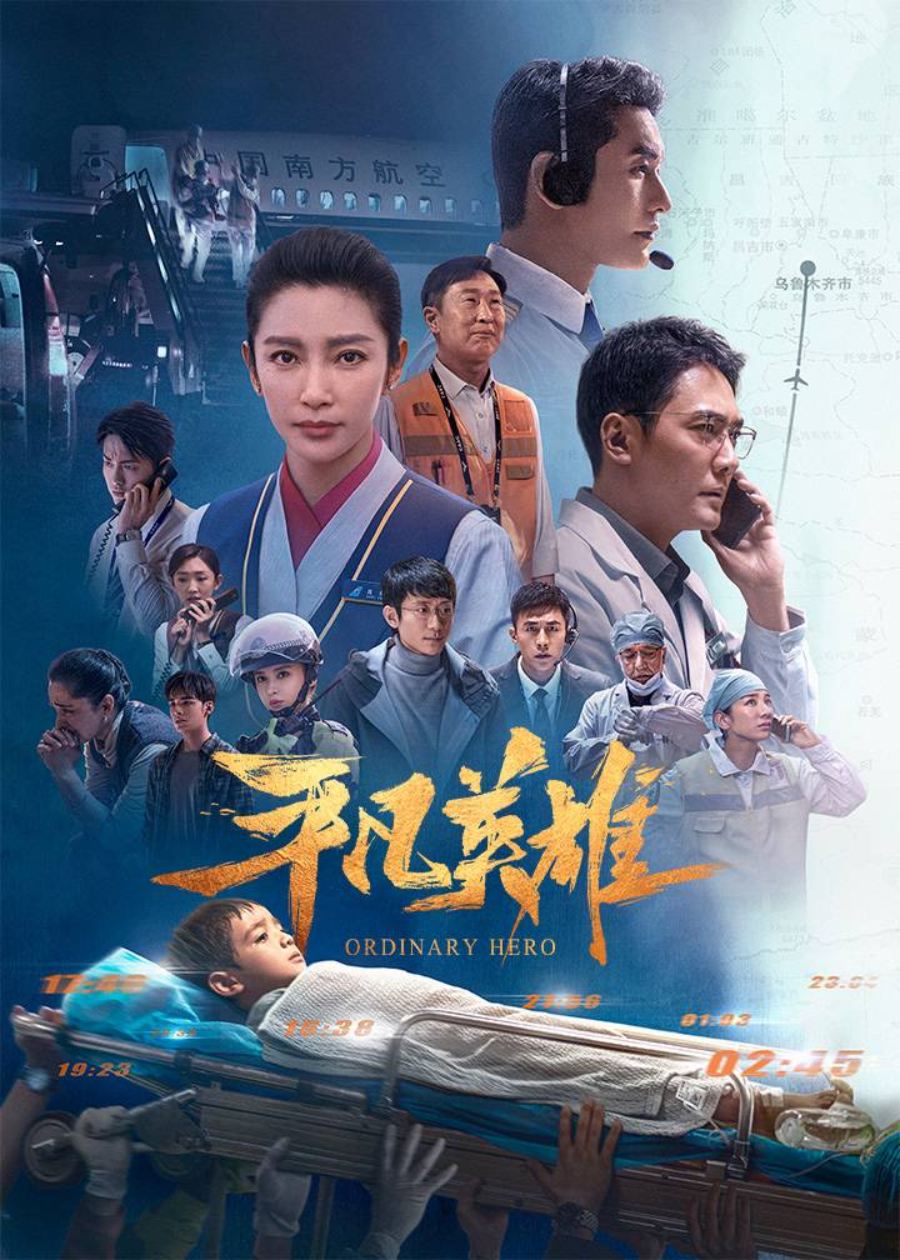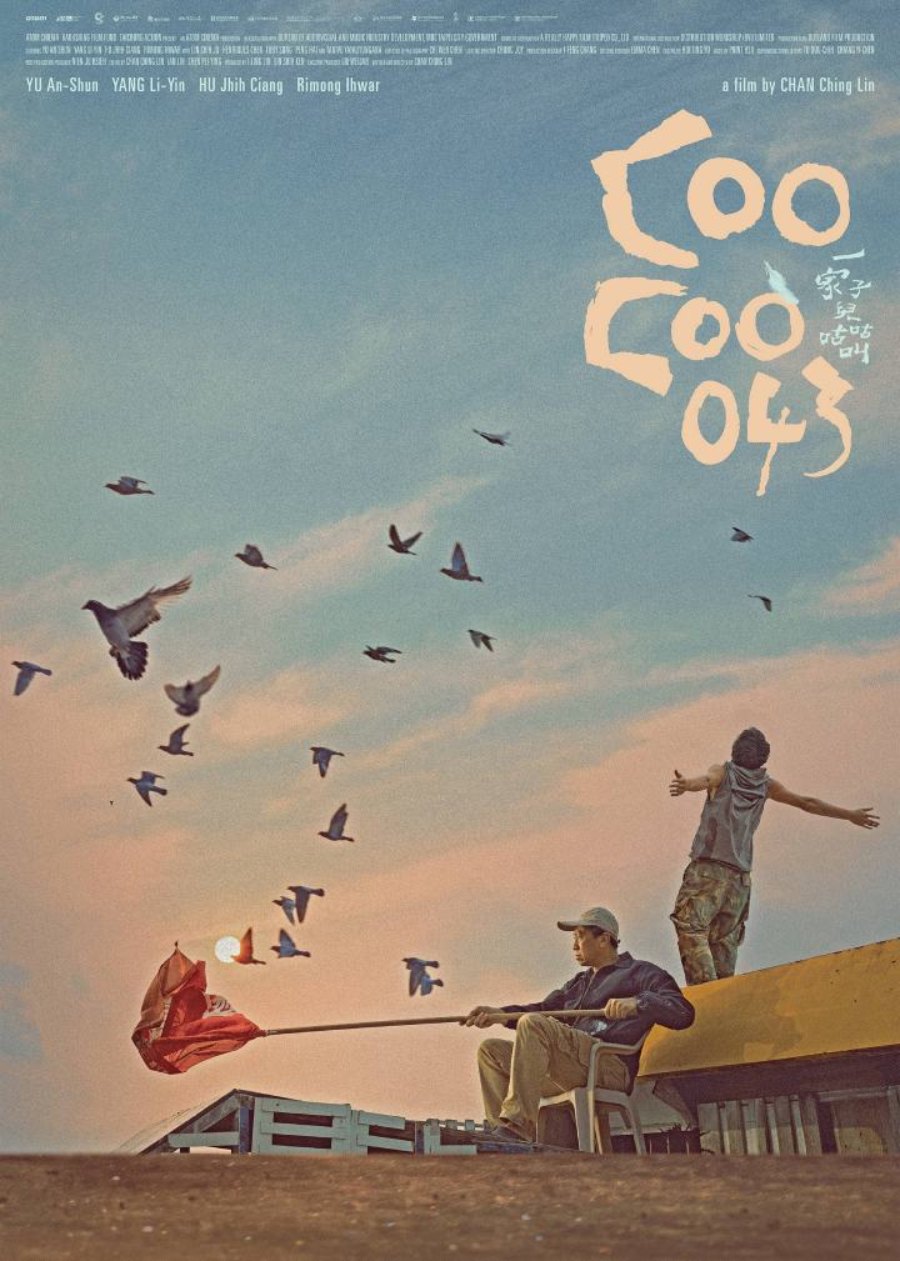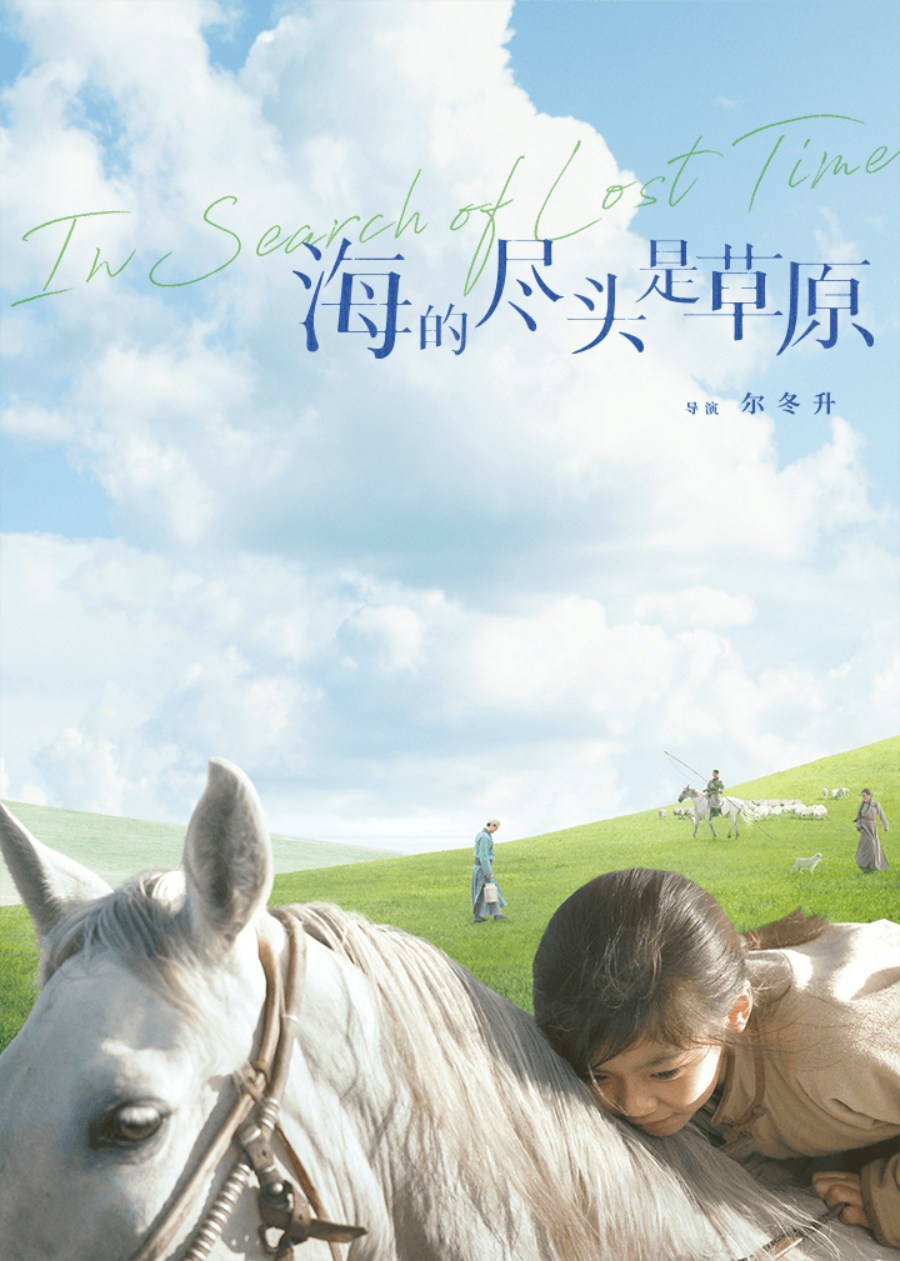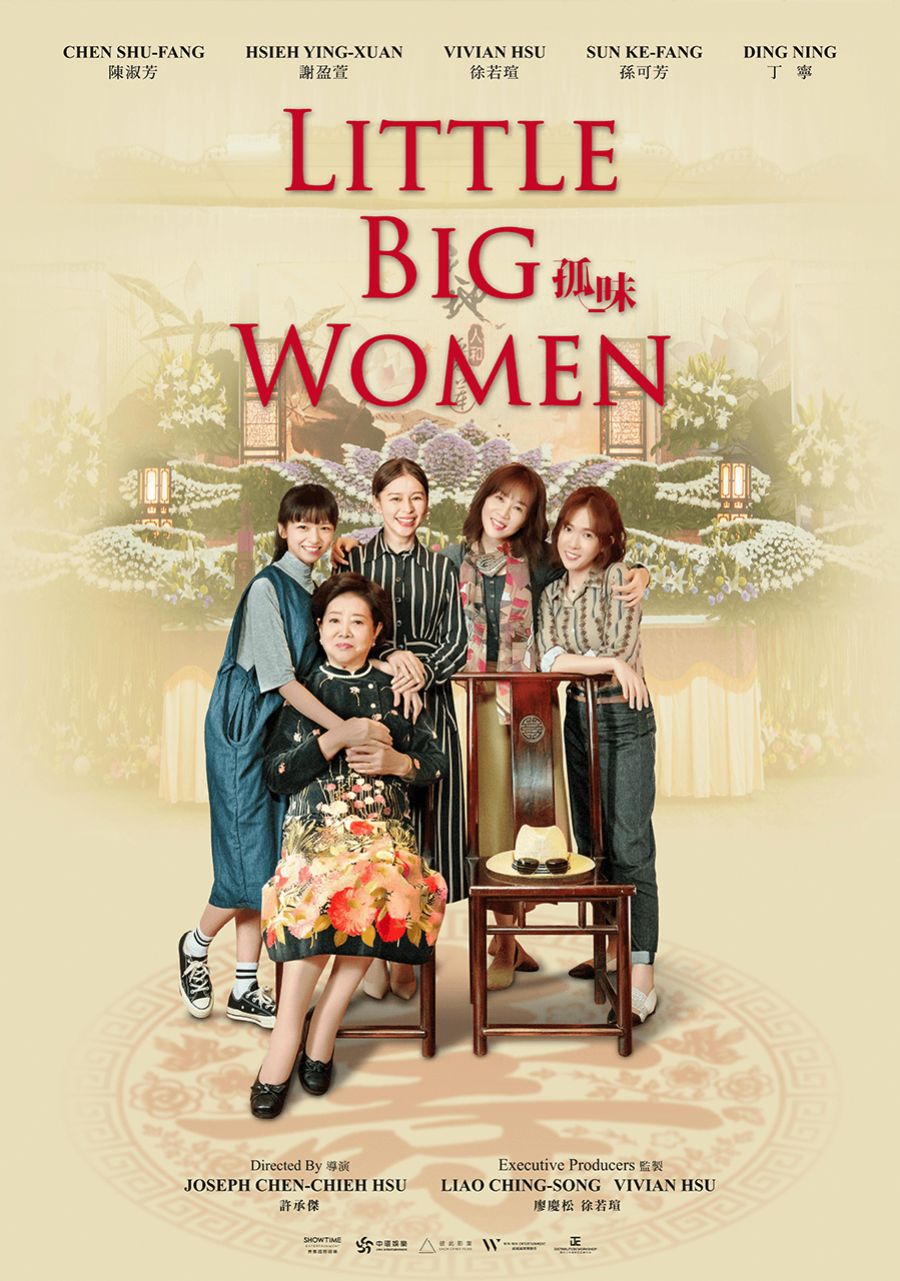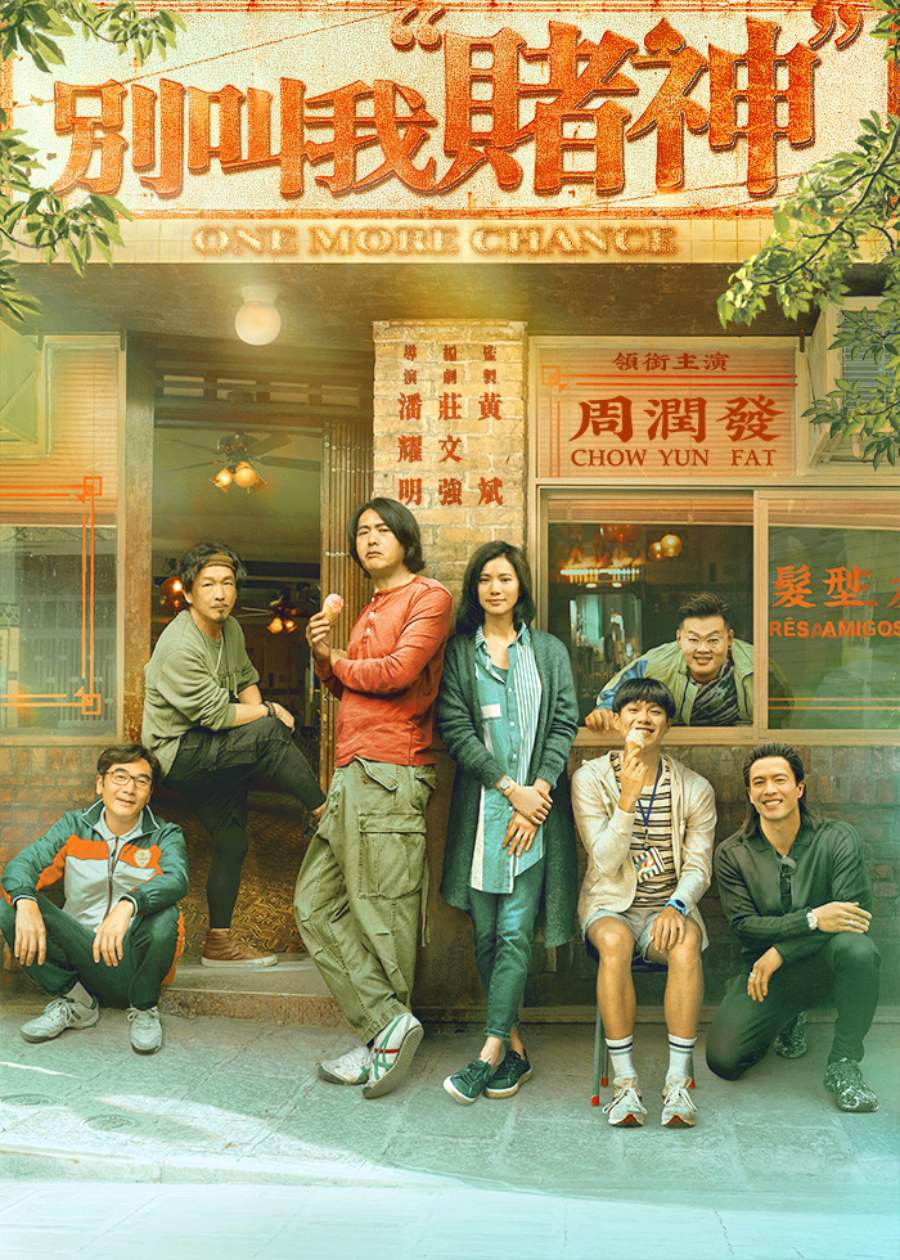News
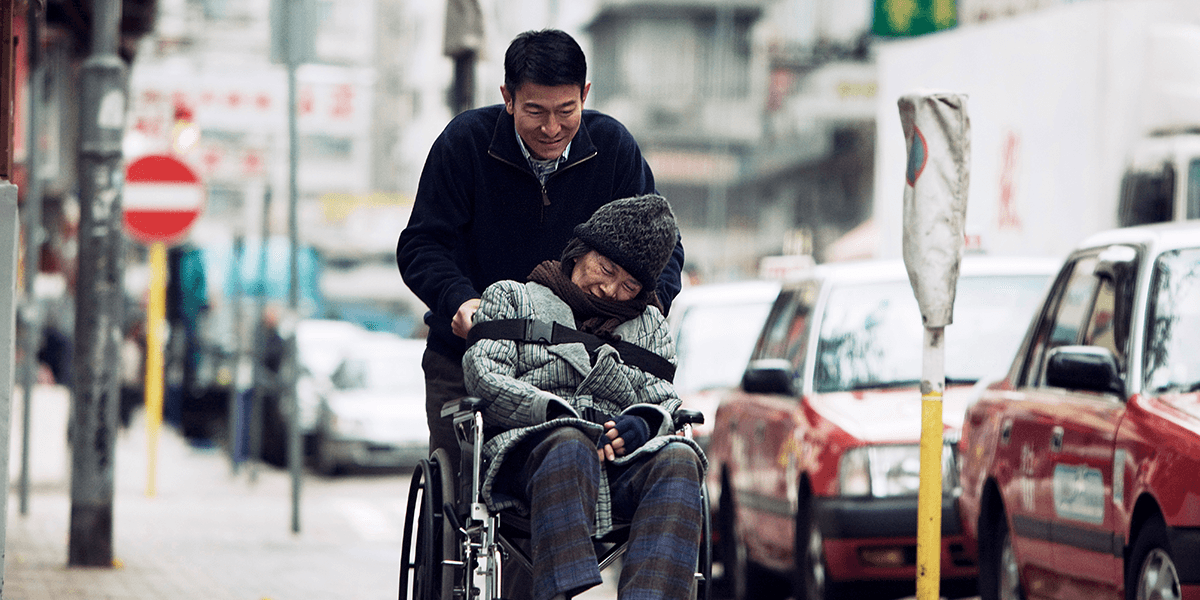
A Simple Life: In Old Age the Servant Becomes the Served
- Posted on
- 2012-04-12
- Source
- New York Times by Rachel Saltz
In an efficient, mostly wordless sequence near the beginning of her quietly affecting film “A Simple Life,” the director Ann Hui shows the rhythms of shared routine and intimacy that bind the lead characters. Ah Tao (Deanie Ip) has fixed Roger Leung (Andy Lau) an elaborate meal that seems to be his ordinary fare. As she shuffles around serving, Roger eats with a kind of distracted concentration. There are no thank yous or compliments, just a request for ox tongue soon.
These two aren’t married or lovers, but servant and master. Ah Tao, orphaned as a child, has been with the Leung family for 60 years, since long before Roger was born. Now he is the last of his family in Hong Kong — the others have decamped to San Francisco — and Ah Tao works for him alone, sharing his compact apartment.
Just as soon as Ms. Hui establishes their relationship, she changes its terms. Ah Tao has a stroke and announces she’s retiring. What’s more, she says, she wants to live in an old people’s home. In scenes with an almost documentary flavor, Roger finds her one. We learn about this growth industry in Hong Kong, about the price of a single room versus a shared one and about the various charges for an escort outside the home. (South Asian immigrants are the cheapest.)
Once Ah Tao has moved, the old-age home becomes the film’s center. Roger visits Ah Tao there regularly. He takes her to restaurants and looks out for her as she always has for him.
That’s more or less the story of “A Simple Life,” which in its understated, slightly melancholy way considers the varieties of affection and love. Roger, who works in the film business, may seem callous and self-involved at first. But Ms. Hui lets his decency be revealed and grow. Mr. Lau, whose features increasingly look cut from stone, gives the character an implacable solemnity. People comment on Roger’s kindness or assume he must be Ah Tao’s godson or nephew, an impression he doesn’t correct.
The bond they have doesn’t keep Roger and Ah Tao from seeming alone in the busy city; neither is married or has family around. Ah Tao finds a tentative social life in the home, a place that Ms. Hui doesn’t sentimentalize or make into a cautionary tale. There too she emphasizes the distance between people. The occasional overhead shot shows a busy warren of atomized spaces, with a sense of each keeping to each.
The film’s bleached-out palette, with its muted colors — and the sometimes harsher fluorescent light of the home — heightens the atmosphere of loneliness. Ms. Hui often shoots Mr. Lau by himself in the frame, alone in his apartment or the sole person in a row of empty airport seats. A successful man, Roger runs into acquaintances everywhere. Still, he, like Ah Tao, remains essentially self-contained.
Mr. Lau (“Infernal Affairs,” “House of Flying Daggers,” Ms. Hui’s “Boat People”), wears Roger’s gravity lightly, as Ms. Ip does Ah Tao’s wariness. They’re both guarded but not impenetrable. Ms. Hui, a rare successful female director in the Hong Kong film industry, drew her story from real events, and the movie retains a tonic flavor of the everyday: its drama unfolds simply, without explosive moments but not without emotion. She and her two excellent leads keep the film buoyant.
These two aren’t married or lovers, but servant and master. Ah Tao, orphaned as a child, has been with the Leung family for 60 years, since long before Roger was born. Now he is the last of his family in Hong Kong — the others have decamped to San Francisco — and Ah Tao works for him alone, sharing his compact apartment.
Just as soon as Ms. Hui establishes their relationship, she changes its terms. Ah Tao has a stroke and announces she’s retiring. What’s more, she says, she wants to live in an old people’s home. In scenes with an almost documentary flavor, Roger finds her one. We learn about this growth industry in Hong Kong, about the price of a single room versus a shared one and about the various charges for an escort outside the home. (South Asian immigrants are the cheapest.)
Once Ah Tao has moved, the old-age home becomes the film’s center. Roger visits Ah Tao there regularly. He takes her to restaurants and looks out for her as she always has for him.
That’s more or less the story of “A Simple Life,” which in its understated, slightly melancholy way considers the varieties of affection and love. Roger, who works in the film business, may seem callous and self-involved at first. But Ms. Hui lets his decency be revealed and grow. Mr. Lau, whose features increasingly look cut from stone, gives the character an implacable solemnity. People comment on Roger’s kindness or assume he must be Ah Tao’s godson or nephew, an impression he doesn’t correct.
The bond they have doesn’t keep Roger and Ah Tao from seeming alone in the busy city; neither is married or has family around. Ah Tao finds a tentative social life in the home, a place that Ms. Hui doesn’t sentimentalize or make into a cautionary tale. There too she emphasizes the distance between people. The occasional overhead shot shows a busy warren of atomized spaces, with a sense of each keeping to each.
The film’s bleached-out palette, with its muted colors — and the sometimes harsher fluorescent light of the home — heightens the atmosphere of loneliness. Ms. Hui often shoots Mr. Lau by himself in the frame, alone in his apartment or the sole person in a row of empty airport seats. A successful man, Roger runs into acquaintances everywhere. Still, he, like Ah Tao, remains essentially self-contained.
Mr. Lau (“Infernal Affairs,” “House of Flying Daggers,” Ms. Hui’s “Boat People”), wears Roger’s gravity lightly, as Ms. Ip does Ah Tao’s wariness. They’re both guarded but not impenetrable. Ms. Hui, a rare successful female director in the Hong Kong film industry, drew her story from real events, and the movie retains a tonic flavor of the everyday: its drama unfolds simply, without explosive moments but not without emotion. She and her two excellent leads keep the film buoyant.
Latest News
-
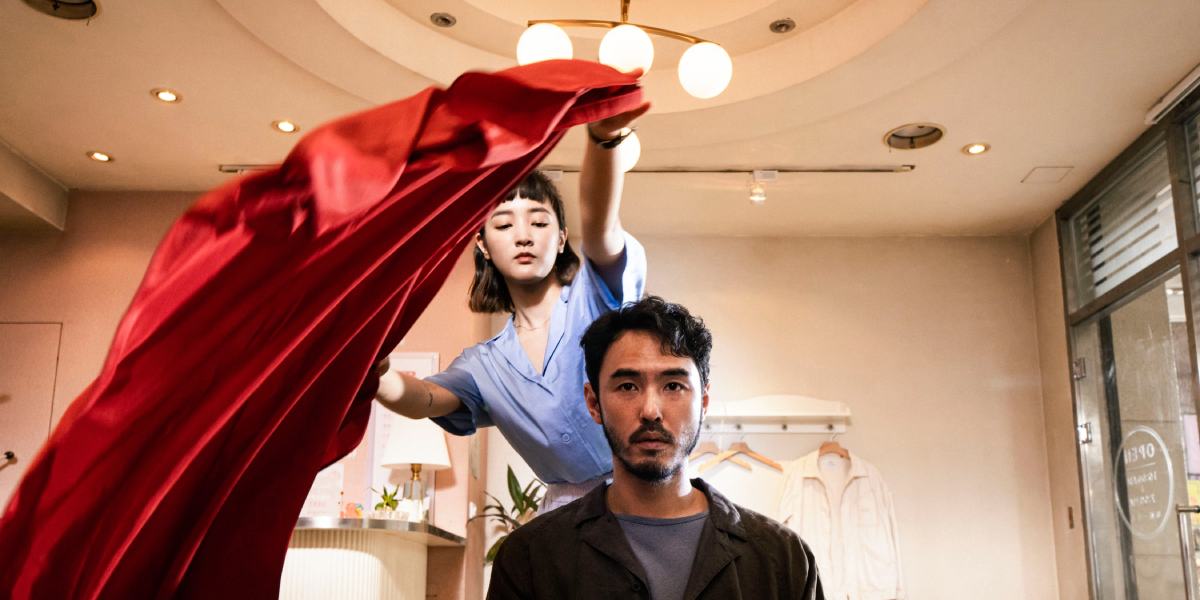
‘The Pig, The Snake And The Pigeon’ becomes second biggest Taiwanese film ever in China
2024-03-20
-
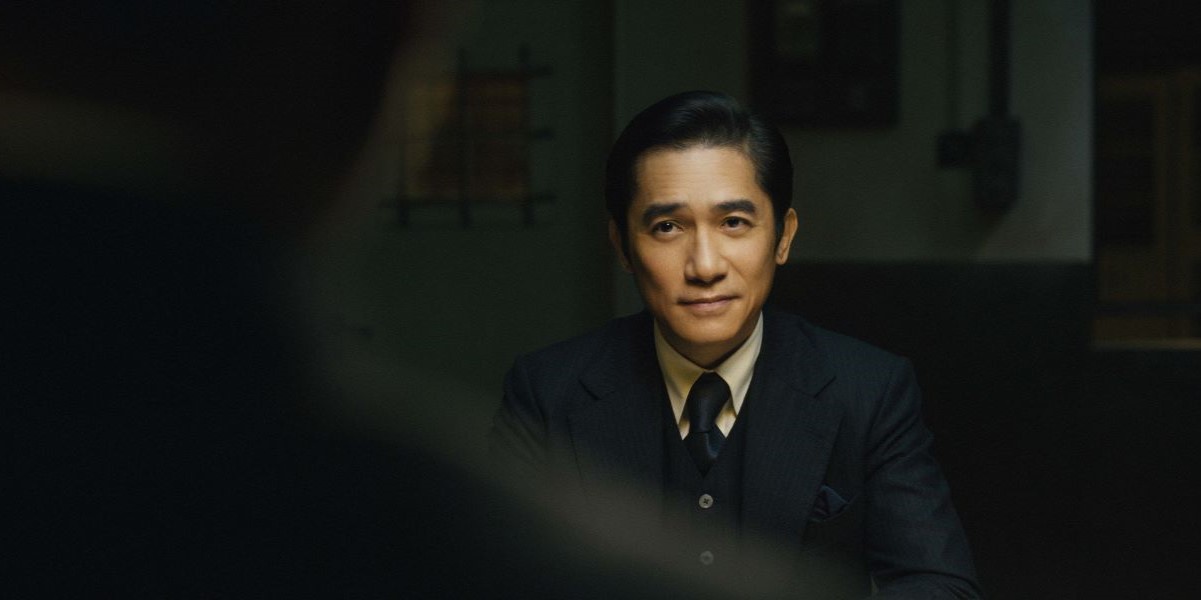
Tony LEUNG wins first Golden Rooster award
2023-11-06
-
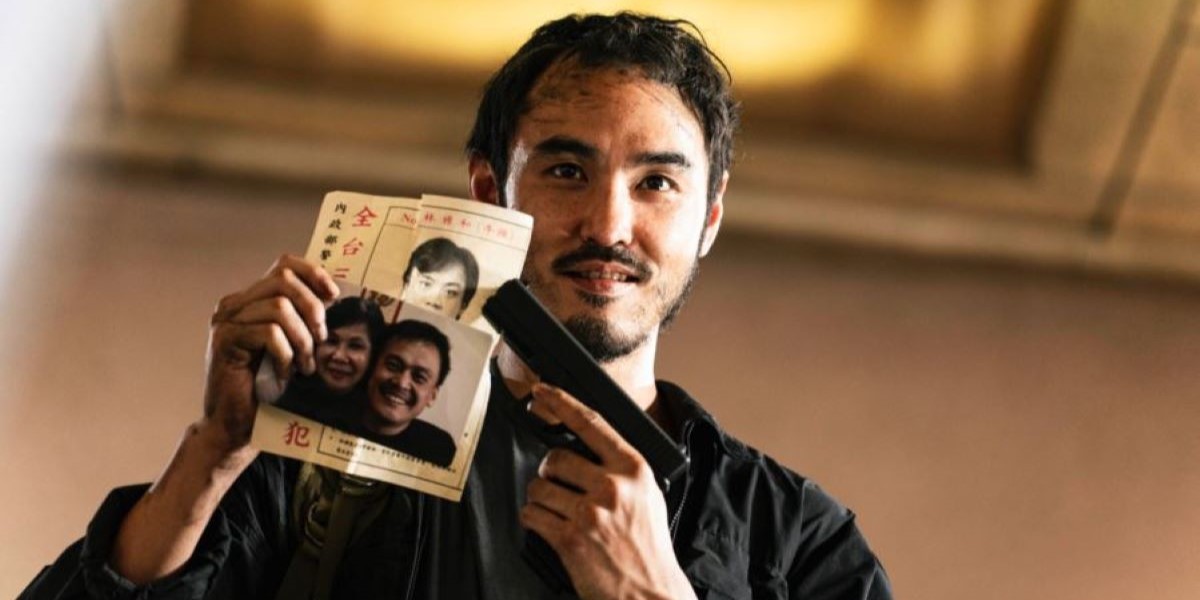
Movie review: 'The Pig, The Snake and The Pigeon'
2023-10-13
-
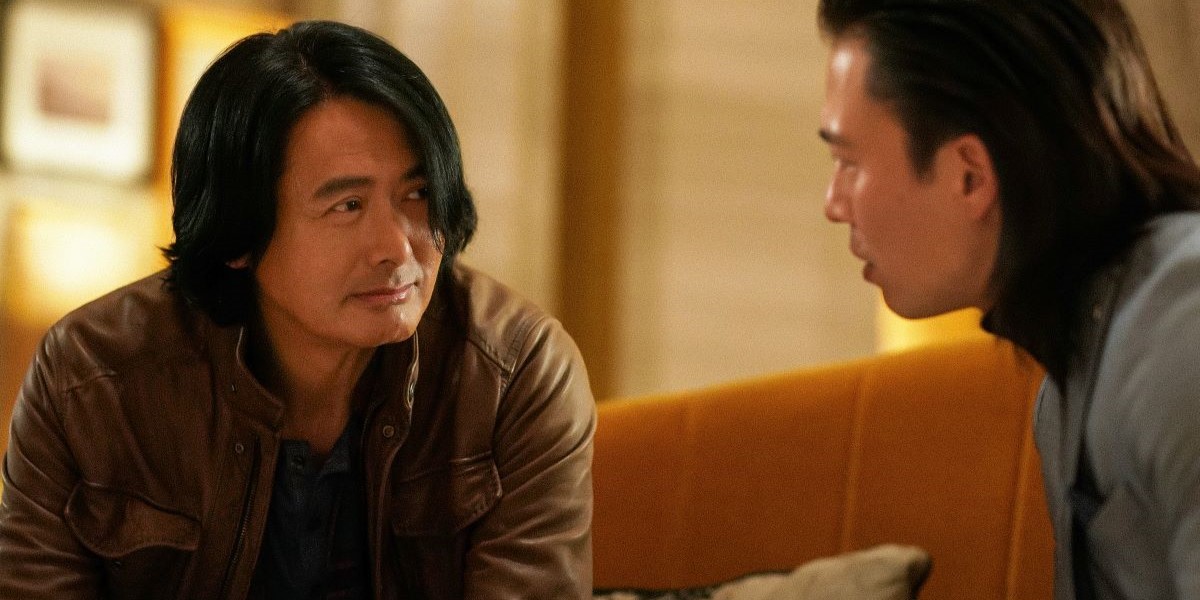
Anthony PUN’s 'One More Chance' – 2023 Busan Film Review
2023-10-12
-
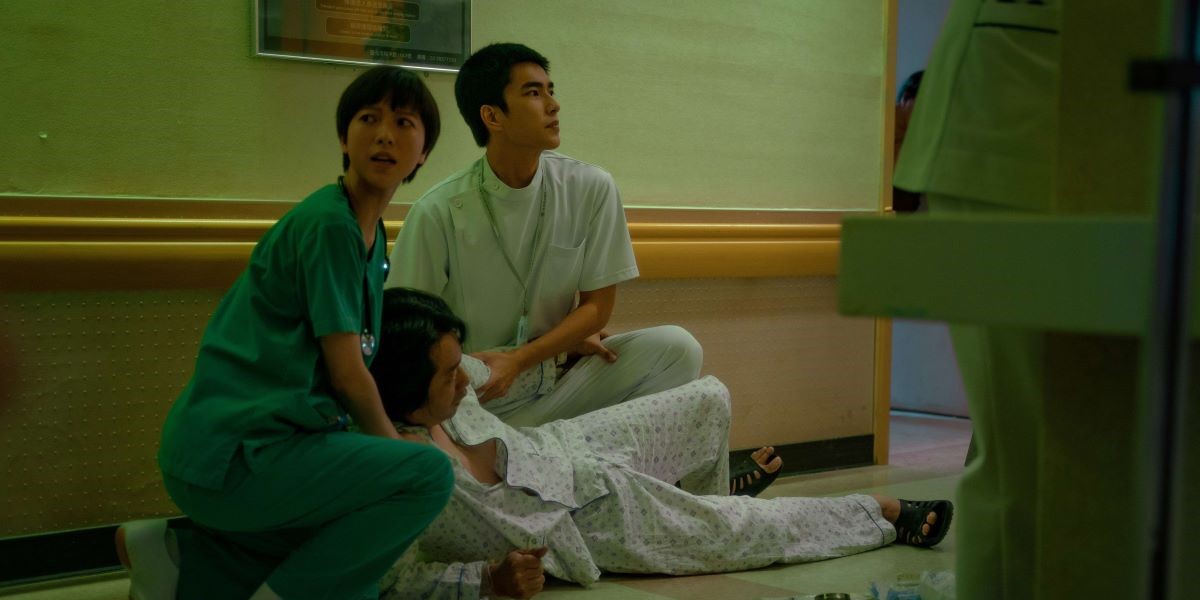
'Eye of the Storm' 2023 Movie Review – A profoundly relevant film in the post-pandemic era
2023-08-18
-
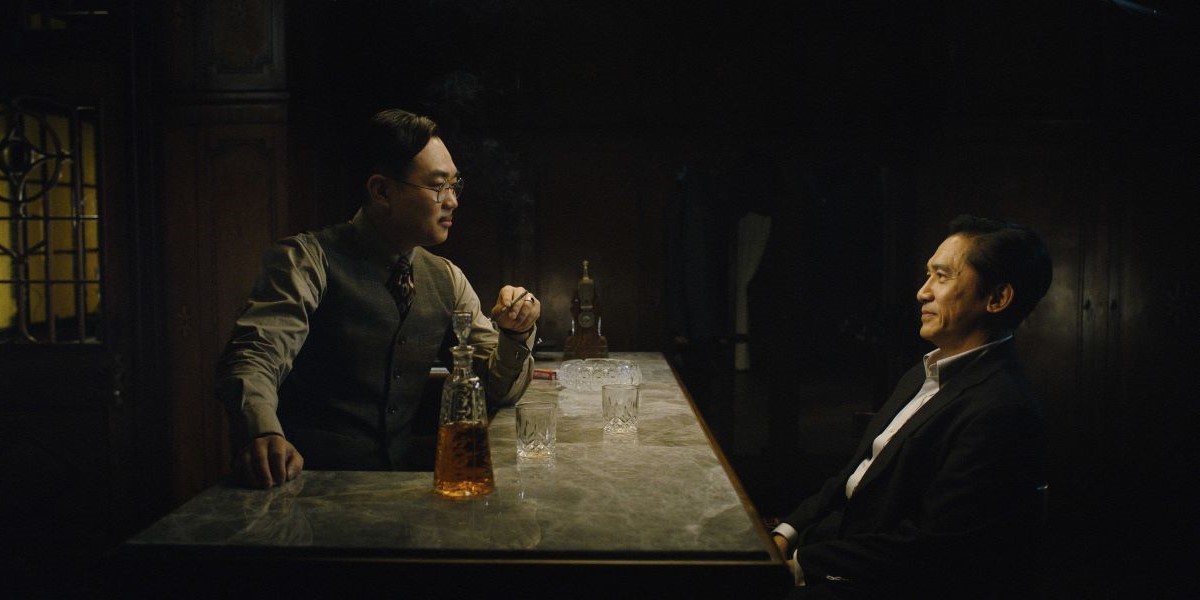
Chinese WWII Thriller 'Hidden Blade' Due Digitally July 18 From Well Go
2023-07-11











